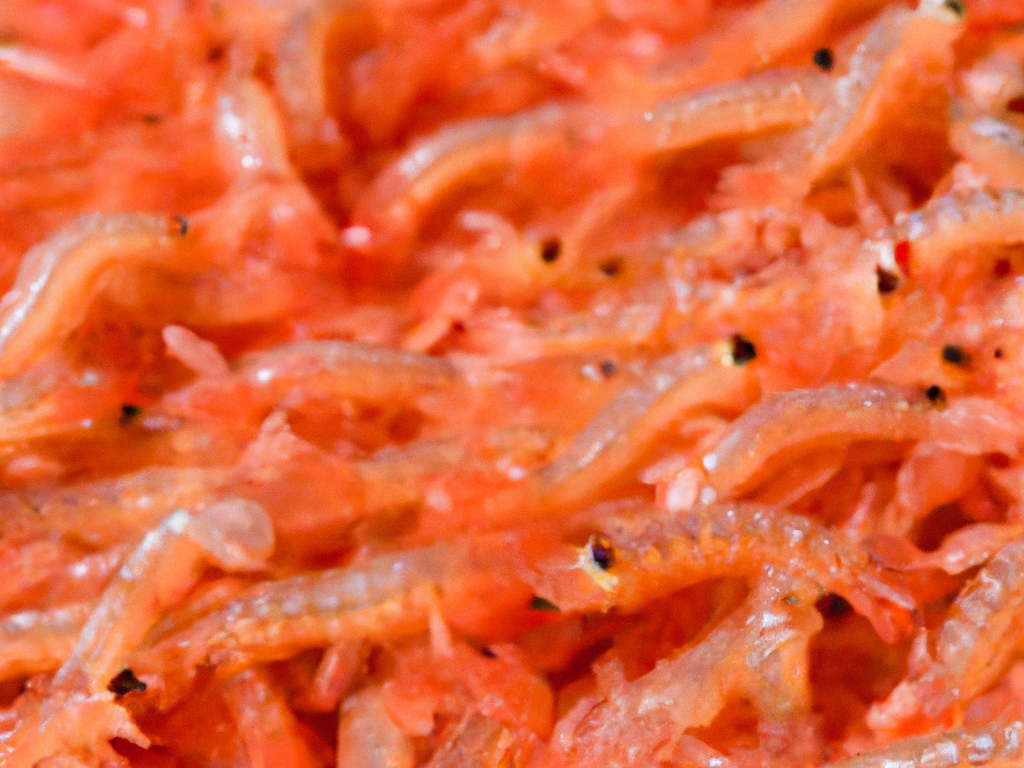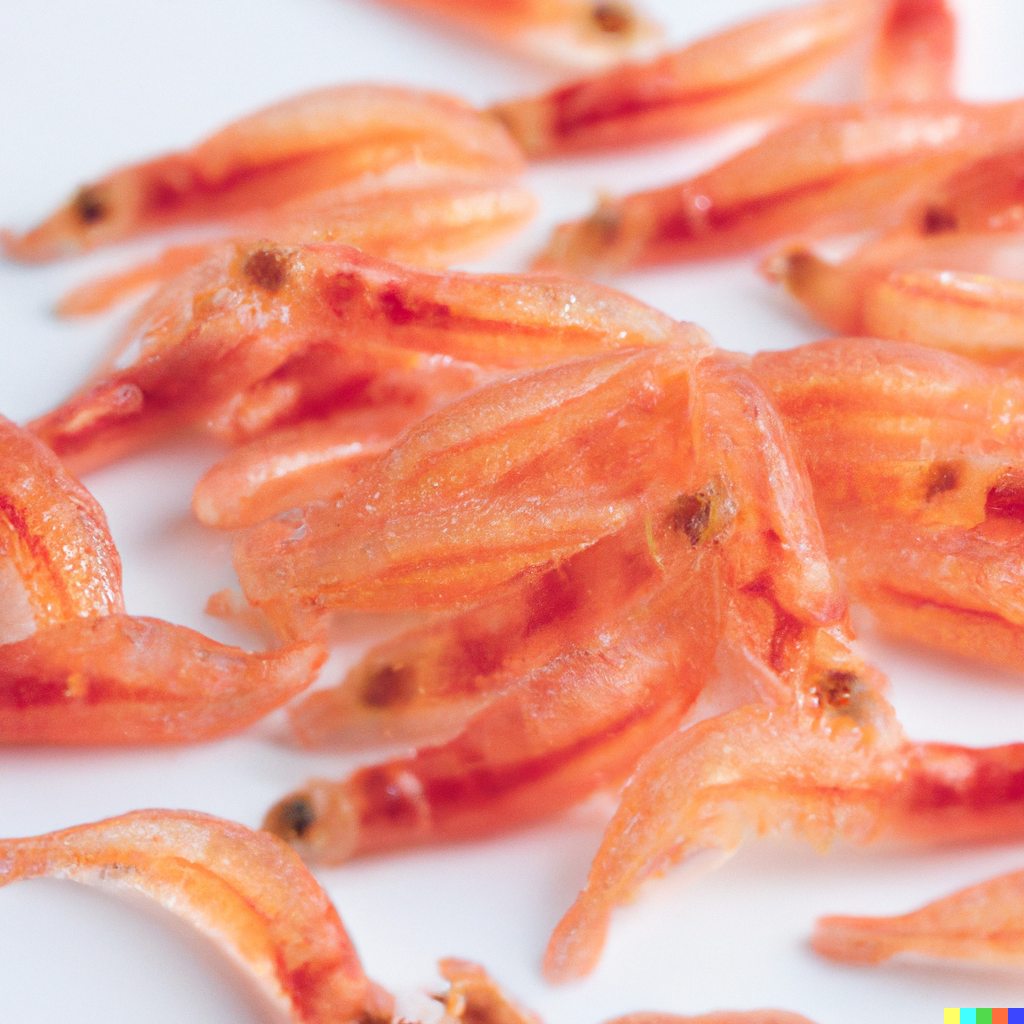Krill, also known as Euphausiacea, are small shrimp-like crustaceans that are found in oceans around the world. They are an important food source for many species of fish, birds, and mammals, including whales, seals, and penguins. These tiny creatures play a crucial role in the ocean ecosystem, serving as a key link in the food chain.
Krill are also a valuable source of omega-3 fatty acids, which are essential for human health. Omega-3s have been linked to a number of health benefits, including reducing inflammation, improving heart health, and helping with mental health conditions such as depression and anxiety. As a result, krill oil supplements have become increasingly popular as a source of omega-3s for human consumption.
Krill are typically found in the cold waters of the Antarctic and Arctic oceans, and are harvested primarily for use in fish feed and as a source of omega-3s for human consumption. However, the increasing demand for krill as a food source for humans and as fish feed has raised concerns about the sustainability of krill populations. In order to ensure that krill populations remain healthy and sustainable, it is important for krill harvesting to be carefully managed and regulated.
In summary, krill are tiny but extremely important crustaceans that play a crucial role in the ocean ecosystem and are a valuable source of omega-3 fatty acids for human health. It’s important to manage and regulate the krill harvesting to ensure the sustainable supply of krill for both marine animals and human consumption.

"Krill may be small in size, but their impact on the ocean ecosystem and human health is immeasurable, proving that even the smallest things can make a big difference."
Leave a Reply